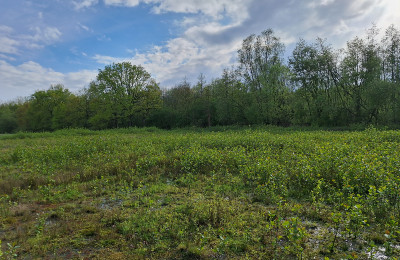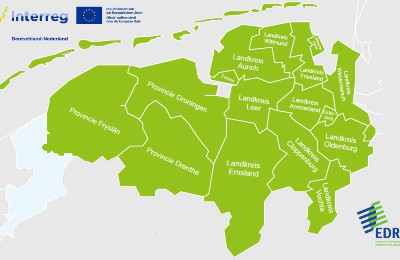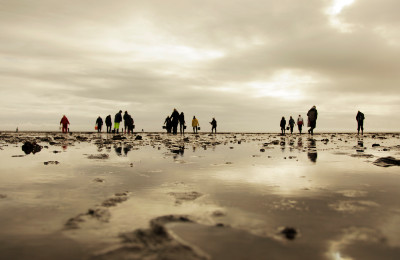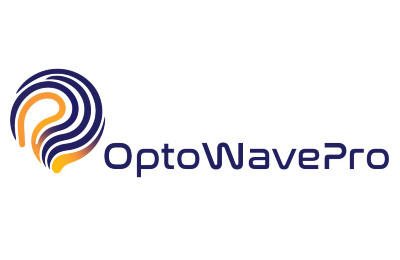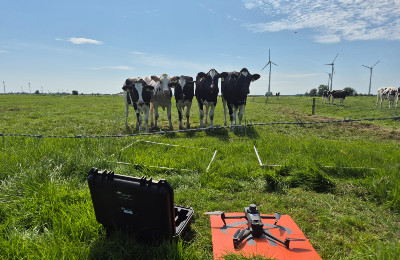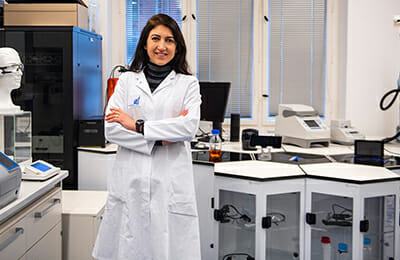BUFFER+ – Conservation of peatlands as carbon dioxide and water reservoirs
Wet and intact peatlands are natural CO2 reservoirs and play an important role as water buffers during periods of excessive rainfall and drought. In many areas of north-west Europe (NWE), large areas of peatland are drained for peat extraction, agriculture or forestry. This turns them into CO2 sources rather than reservoirs. By restoring the natural buffer properties, the partners in the EU BUFFER+ project are contributing to climate change adaptation and mitigation in NWE, while at the same time restoring the biodiversity of peatlands and creating new sources of income.

